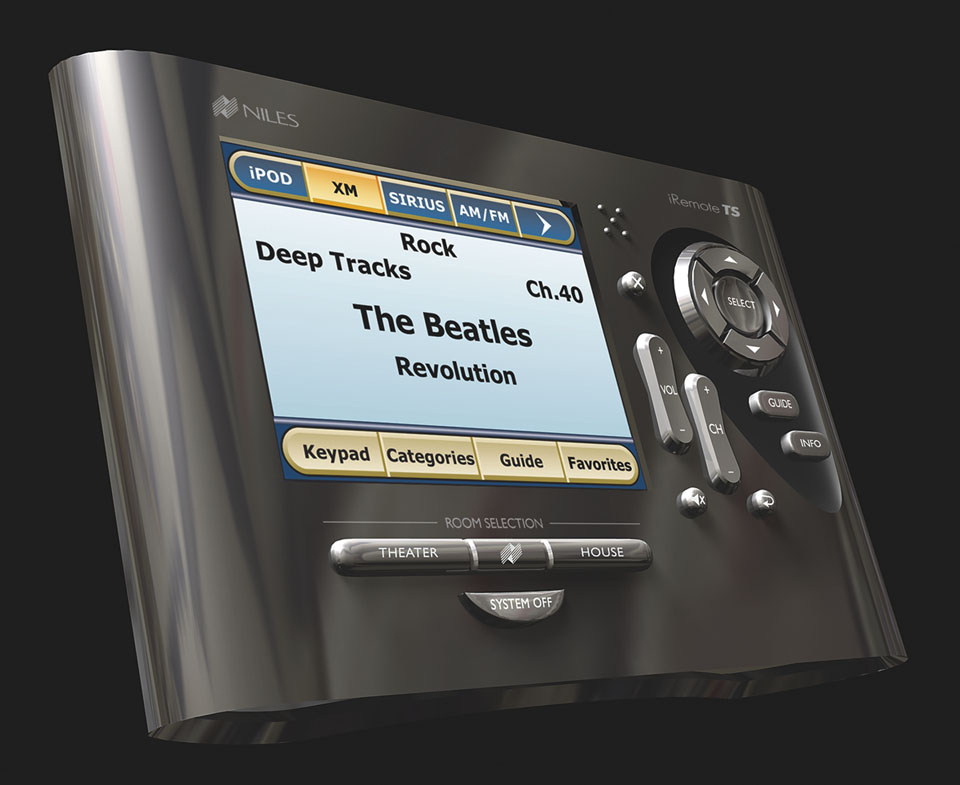
Most of those five billion chips won’t be in phones, as tablets, sensors, cameras, lightbulbs, refrigerators, and more increasingly get connected to the Internet.
[aditude-amp id="flyingcarpet" targeting='{"env":"staging","page_type":"article","post_id":594506,"post_type":"story","post_chan":"none","tags":null,"ai":false,"category":"none","all_categories":"business,dev,mobile,","session":"C"}']I talked to Peter Cooney, a wireless analyst with ABI, just before the the research company’s London offices closed for the Christmas long weekend.
“While the base market is primarily things that we know like smartphones and tablets, the growth is for the internet of things … those devices are growing very quickly,” Cooney said.
AI Weekly
The must-read newsletter for AI and Big Data industry written by Khari Johnson, Kyle Wiggers, and Seth Colaner.
Included with VentureBeat Insider and VentureBeat VIP memberships.
Of course, a lot of chips are being made for and shipped in more standard devices, Cooney added: smartphones, tablets, laptops, and netbooks. Even old-school feature phones are incorporating Bluetooth in addition to the standard cellular connectivity radios.
And one technology that we’re not seeing much of this side of the Atlantic is poised for a breakout: NFC. In fact, it’s more than poised, according to Cooney.
“NFC has gone from two million devices in 2010 to 100 million in 2012,” he said. “Android is really driving that growth, but NFC is coming of age … and integration into smartphones is driving growth in other areas.”
“Really, any kind of consumer device is getting wireless chips,” Cooney told me this morning.
That’s something we’ve seen a lot of this year: sensors and connected switches for windows and doors, lights, heating, and more. SmartThings wants to help you control the real world, as does ReelyActive. And while NFC has been the next great thing for some time, we’re seeing a ton of innovation in the home automation space using multiple wireless protocols.
[aditude-amp id="medium1" targeting='{"env":"staging","page_type":"article","post_id":594506,"post_type":"story","post_chan":"none","tags":null,"ai":false,"category":"none","all_categories":"business,dev,mobile,","session":"C"}']
One of the big trends ABI is seeing is integration — like what Apple did in the iPhone 5 by marrying the LTE and global 4G chips into one.
“They’re essentially integrating to reduce cost and size,” Cooley said. Broadcom, one of the leading suppliers in the “combo IC” (integrated chip) market, will continue to dominate, ABI said.
Even old-fashioned technologies are showing new tricks: Bluetooth smart is coming out, and faster Wi-fi (WiGig) is on the horizon. It all ads up to a lot of wireless devices.
“In 2013 cumulative shipments of Bluetooth-enabled devices will surpass 10 billion and Wi-Fi enabled devices will surpass 10 billion cumulative shipments in 2015,” Cooney said in a statement.
[aditude-amp id="medium2" targeting='{"env":"staging","page_type":"article","post_id":594506,"post_type":"story","post_chan":"none","tags":null,"ai":false,"category":"none","all_categories":"business,dev,mobile,","session":"C"}']
The internet of things, indeed.
photo credit: Gramophone Maryland via photopin cc, BrickArt!san via photopin cc
VentureBeat's mission is to be a digital town square for technical decision-makers to gain knowledge about transformative enterprise technology and transact. Learn More